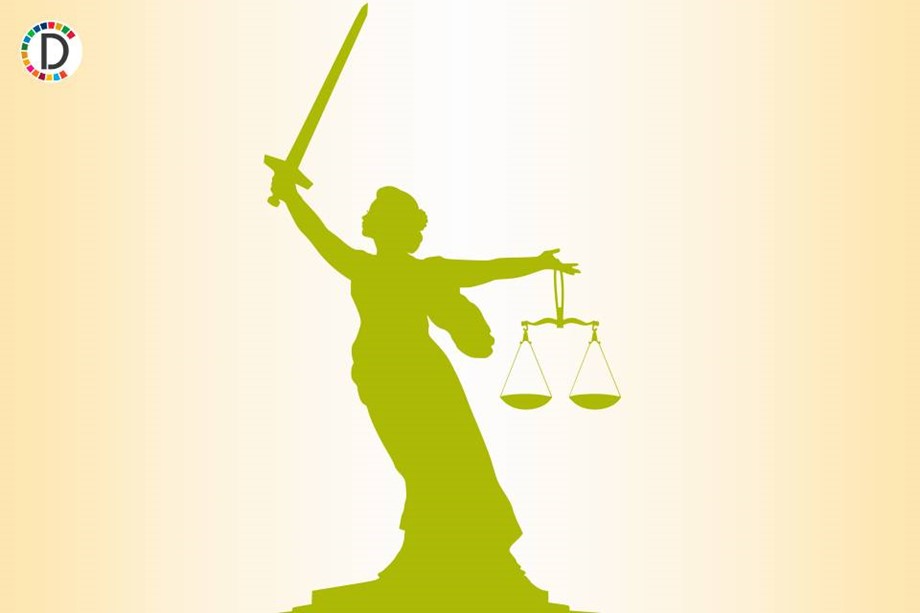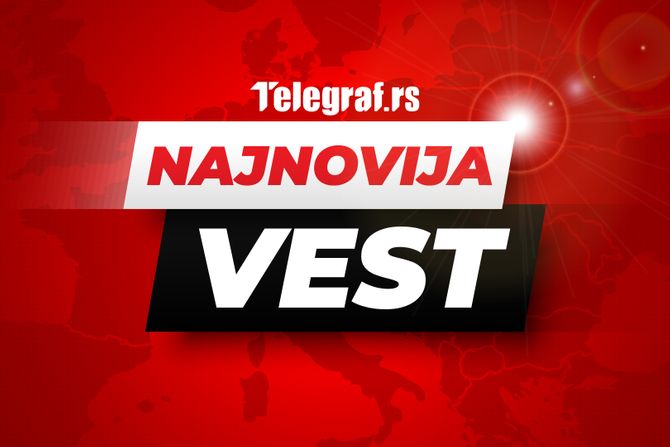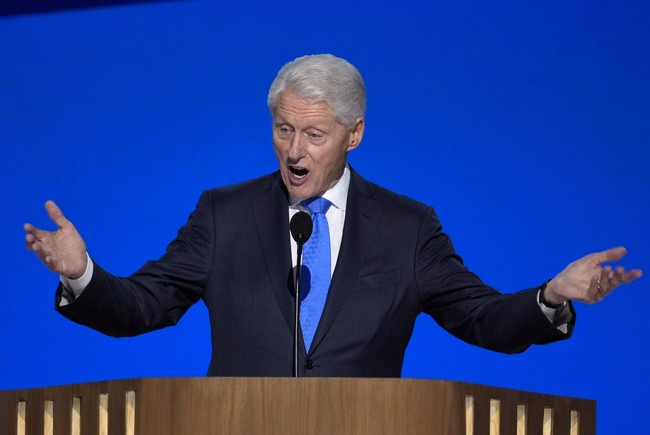Russia's Bold Move: Bitcoin in International Trade
As sanctions mount, Russia embraces bitcoin and cryptocurrencies for international trade, signaling a shift in economic strategy. What prompted this move, and what does the future hold?
Published December 26, 2024 - 00:12am

Image recovered from devdiscourse.com
In a significant shift in its economic strategy, Russia has started to incorporate bitcoin and other digital currencies into international trade transactions. This move follows legislative changes designed to circumvent the effects of Western sanctions, particularly those impacting its business relations with key partners such as China and Turkey. The advanced adoption of cryptocurrencies in trade represents a dynamic pivot for a country seeking to assert financial independence amid global economic challenges.
Anton Siluanov, Russia's Finance Minister, recently highlighted this strategic drift, noting that digital currencies, which are mined domestically, are already being utilized in trade under an experimental framework. He underscored this development by asserting that the scope of such transactions is expected to evolve and expand in the coming years, marking a broader integration of cryptocurrencies in the Russian financial architecture. Siluanov's statements, made on Russia's state-run media outlet, echo the government's forward-looking perspective in navigating an embargo-laden global marketplace through alternative financial instruments.
Russia's embrace of cryptocurrencies is further magnified by Vladimir Putin's critique of the U.S. dollar's politicization. The Russian President posited that the current U.S. administration's approach has jeopardized the dollar's position as the world's reserve currency, forcing multiple nations to explore alternative assets like bitcoin. By leveraging digital currencies, the Kremlin aims to reduce its dependency on Western financial systems and insulate its economy from external political pressures. Putin's remarks extol the decentralized nature of cryptocurrencies as an inherent strength, protecting it from international regulatory interferences.
This approach also highlights Russia's dual exploration of cryptocurrencies, balancing domestic regulatory constraints with international trade ambitions. For instance, despite its open support for trade roles in digital currencies, Russia has simultaneously imposed a ban on bitcoin mining activities in certain regions up to 2031. This regulatory dichotomy has sparked discussions and speculation on Russia's long-term strategy regarding digital assets. On the international trade front, however, the continued incorporation of cryptocurrencies aims to mitigate sanctions' impacts and bolster economic resilience.
Moreover, the potential development of a Bitcoin Strategic Reserve has been floated, fueling further market speculation and sustained interest in Russia's crypto-centric policy. Such a reserve would align with the recent legislative amendments that have legalized the experimental use of cryptocurrencies in international financial transactions. This outlook on cryptocurrency adoption transcends sanctions, though, as Russia aims to maintain its status as a leader in bitcoin mining and a significant player in the global crypto ecosystem.
While there's optimism surrounding Russia's cryptocurrency policy, criticisms and challenges remain. Observers note the inherent risks and volatilities associated with digital currencies, not least because of their fluctuating market valuations. There's also the matter of cryptos being unregulated by any central authority, which could raise concerns about financial stability and security in the context of global economic structures.
Looking ahead, the international community is closely monitoring Russia's progress in using bitcoin and other digital currencies in foreign trade. As Finance Minister Siluanov projects increased adoption in the coming years, Russia's evolving strategy could set a precedent for other nations grappling with geopolitical pressures. Whether through pioneering market trials or formal cryptocurrency reserves, the journey Russia embarks on promises to reshape how cryptocurrencies play into broader economic policies worldwide.






